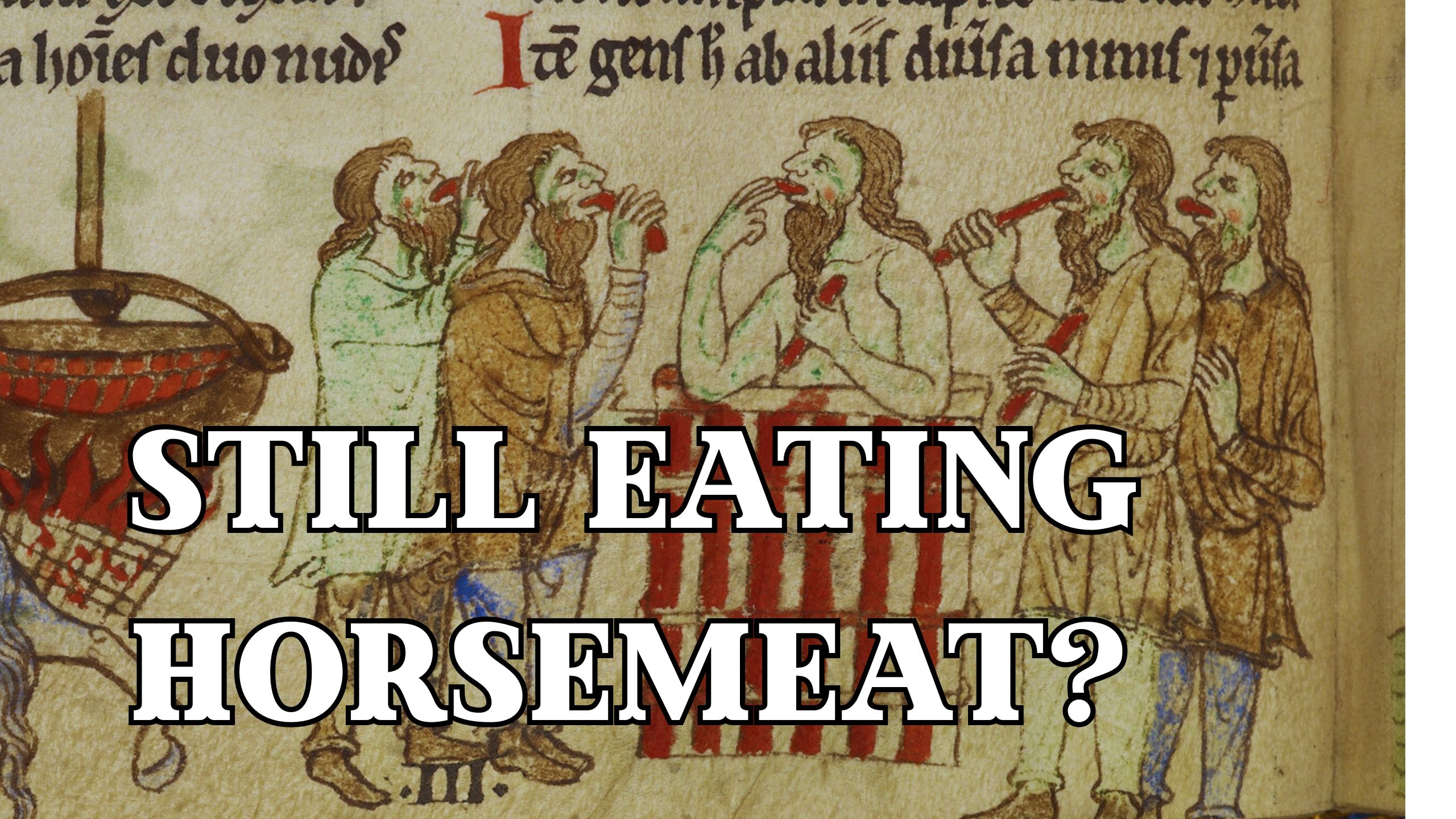
"Based on documentary sources, abandoning horsemeat consumption is widely associated with the emergence of Christianity in medieval Europe. However, in the absence of an explicit prohibition, a great degree of regional diversity is apparent in the condemnation of horsemeat across Europe."
"The strongest evidence for horsemeat consumption came from the eastern and southern lowlands of Hungary, areas traditionally occupied by pastoralist communities who depended on horses for mobility, power, and sustenance."
"Dietary change was not always driven by religious conversion. In this case, geography, cultural tradition, and historical disruption all played key roles."
"Horse bones made up as much as one-third of the livestock remains in food refuse."
A new archaeological study reveals that Hungarians consumed horsemeat for centuries post-conversion to Christianity, challenging previous assumptions about dietary taboos. Researchers analyzed horse bones from 198 medieval settlements, discovering that horse consumption persisted, especially in rural areas, where horse bones constituted up to one-third of food refuse. The findings suggest that contrary to common belief, dietary changes were influenced by geographic, cultural, and historical factors rather than solely by religious conversion, revealing a complex relationship between diet and regional practices in medieval Europe.
Read at Medievalists.net
Unable to calculate read time
Collection
[
|
...
]